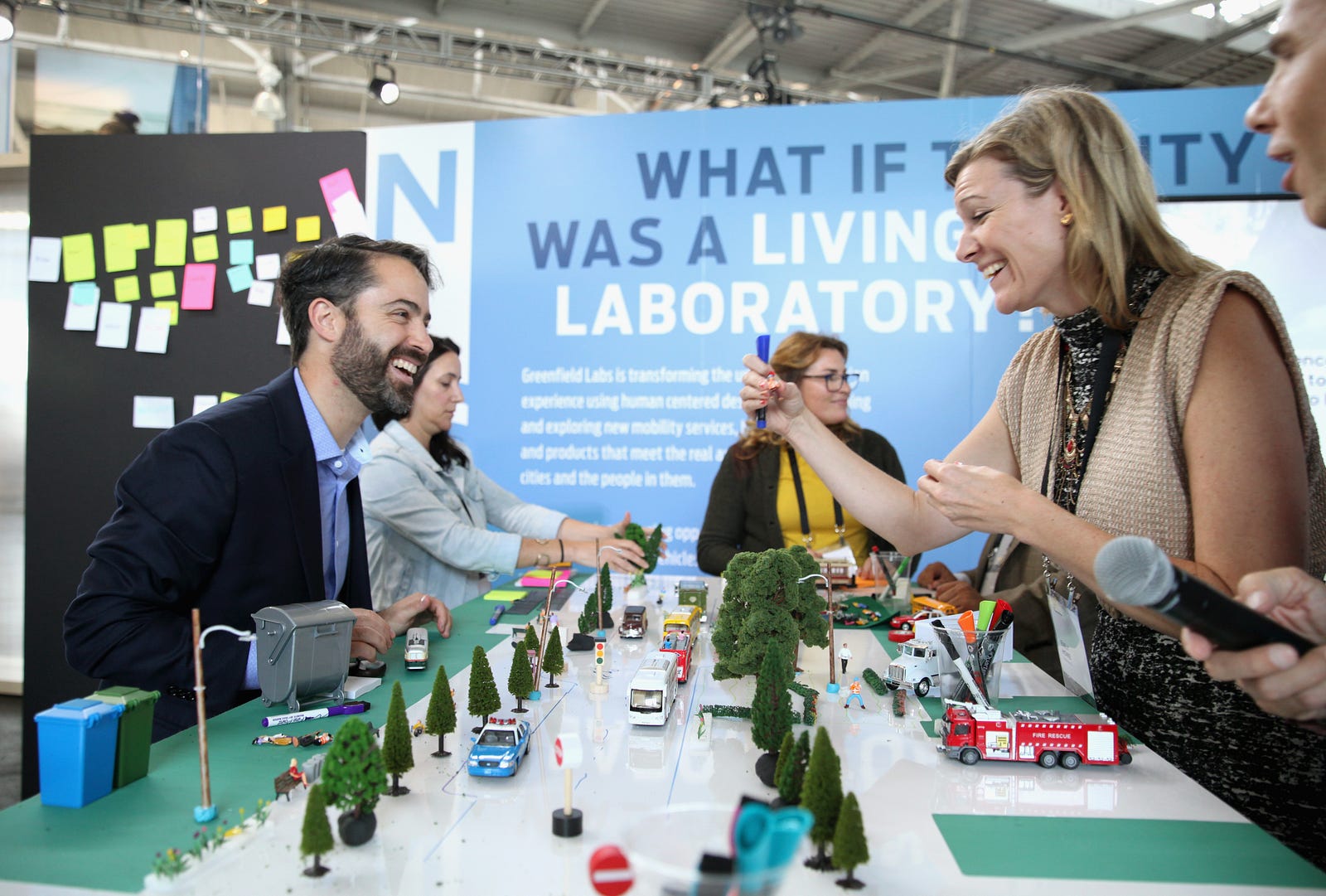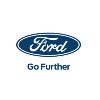The City of Tomorrow Approaches a Tricky Intersection: The Corner of Technology and Quality of Life
By Marcy Klevorn, President, Ford Motor Company

The past few decades of technology disruption have improved the lives of many. However, the euphoria surrounding many innovations such as smartphones and social media has given way to important and sometimes sobering conversations about the cost of that technology, including their impact on how we live and interact with each other as local and global communities.
We believe these tensions between technological capability and technology use, between personal good and community good, also will exist as we work together to build our cities of tomorrow. And to ensure we are collectively working toward a future that improves lives, we need to talk about these topics openly and collaborate on the best ways forward.
That is why Ford is again convening the City of Tomorrow symposium. Next week in Los Angeles, we are bringing together leading entrepreneurs, mayors of major U.S. cities, academics, designers, developers, and community voices for a day of important conversations around mobility and progress. Together, we’ll consider critical aspects of how today’s solutions and tomorrow’s innovations are improving communities, making lives better and creating greater access for all.
Here are some of the key issues we’ll debate:
How Do We Build Tomorrow’s Cities, Together? By mid-century, 68 percent of the world’s entire population will live in urban areas. What does this booming population mean for how we get around? City leaders today need to deploy forward-thinking strategies and technologies to ensure they are prepared for continued growth while balancing the cost to taxpayers. We will tackle this and other challenges for cities during an in-depth conversation between two mayors and Axios journalist Steve LeVine.
Who Are We Serving? Many new innovations arrive first to those who can afford higher sticker prices. How do we encourage businesses and entrepreneurs to invest in new mobility solutions and partner with cities while preventing tomorrow’s transportation systems from leaving behind those who need them most? Laura Bliss of CityLab will moderate a provocative Power to the Passengers panel, which includes Adonia Lugo from the Multicultural Communities for Mobility in Los Angeles, Ryan Russo from the Oakland (Calif.) Department of Transportation, Doug Kaufman of TransLoc and Caroline Samponaro of Lyft.
We Can, But Should We? Technological innovation is creating a world where almost anything is possible. But is this seemingly boundless capability always good? Is it what we want for our communities? In this series of discussions, featuring panelists like Joshua Schank of L.A. Metro, Jeffrey Tumlin of NelsonNygaard and Will Heyburn of Blade Urban Air Mobility, we will engage technologists with city officials and community advocates to debate how we can find the right balance.
By Jim Hackett, President and CEO, Ford Motor Companymedium.com
These discussions are just the beginning. We’ll also dive deeply into conversations about how we can redesign our city streets to make them more vibrant, livable, and less dominated by vehicles. Additionally, we’ll explore how the emergence of self-driving cars means so much more than getting a ride from a robot. It will change how we access and spend time in vehicles, if we prioritize integrating them into our lives the right way.
When you consider the scope of the conversations we’re having, it’s easy to understand that our cities face overwhelming challenges as they battle pollution, inefficiency and overcrowding. Even in the United States, where more than two-thirds of Americans already live in urban areas, that number will continue climbing until it reaches 90 percent by mid-century. Are we ready for nine in 10 Americans to call these urban centers “home?”
The good news is that where there is change, there is opportunity. Cities are growing for a reason: They are economic, industrial and cultural centers that are home to numerous opportunities for people to work, play and grow. Their ability to attract strangers from all corners is also their greatest strength, allowing them to pull in a wealth of people with diverse backgrounds, experiences and creative minds who can help shape a brighter future.
Two years ago, our first symposium in San Francisco convened more than 600 leaders in tech, business, public policy, design, academia and local communities to explore next-generation solutions for how people will live and move in cities throughout the world. With Los Angeles as our backdrop this year, we hope you will join us in conversation as we come together we to tackle real problems with real solutions and build our cities of tomorrow.
